Interesting
West Philadelphia born and raised, and now rebooted, much more dramatically
Morgan Cooper made a fan-trailer of a dramatic reboot of The Fresh Prince of Bel-Air in 2019:
Will Smith saw that video and now there’s a real trailer and a real show!
That’s one of the best things about this new world without as many gatekeepers, and falttened lines of communciation and promotion. You can just have an idea, run with it, and see where it lands.
Reflecting on the original show, there’s obviously a darker storyline underneath the lighthearted primetime television show, but the 90s were never ready for that.
Will Smith talks about that idea in this video about the new reboot:

Mavic 3’s 1x versus 28x zoom.
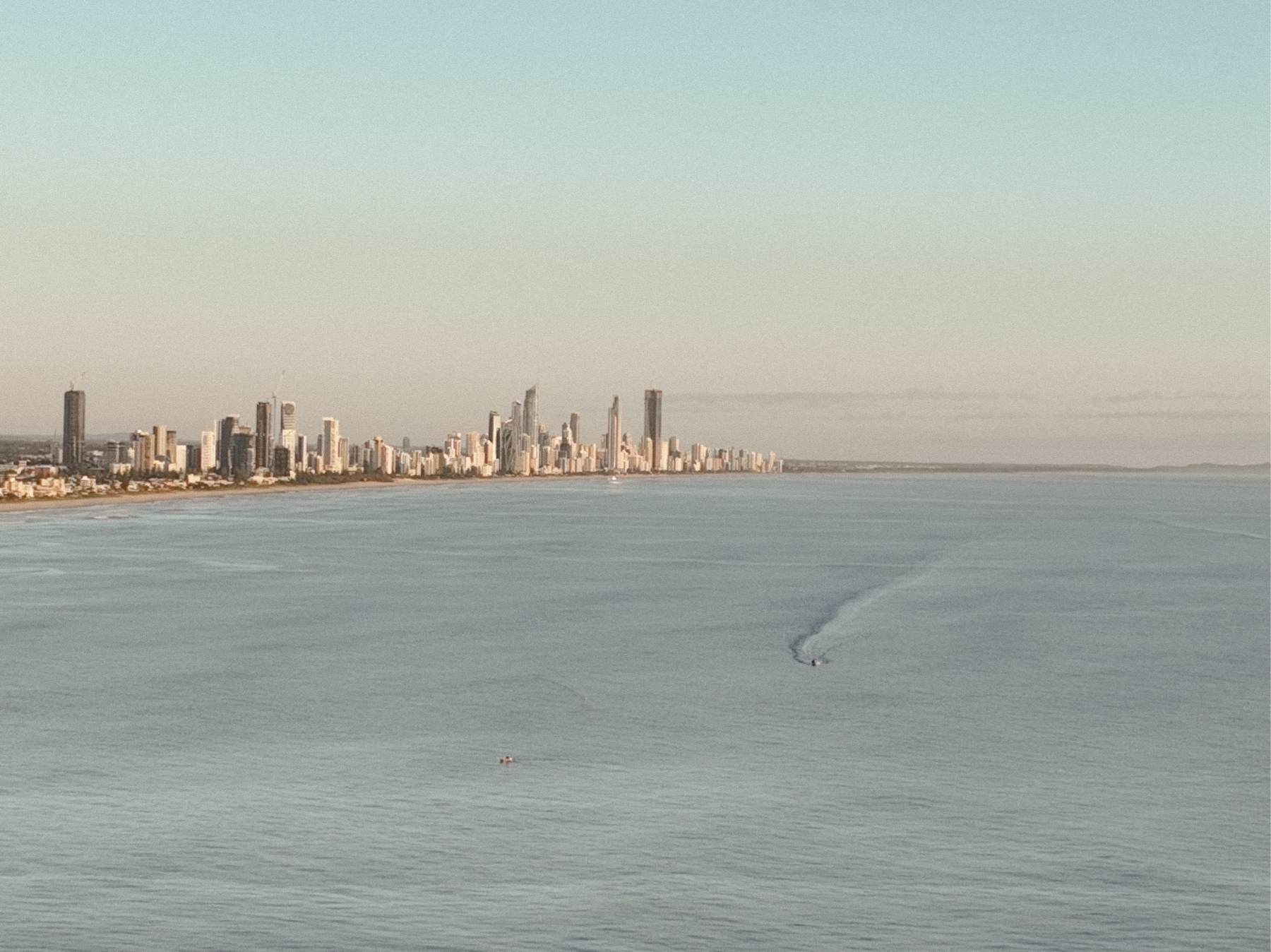
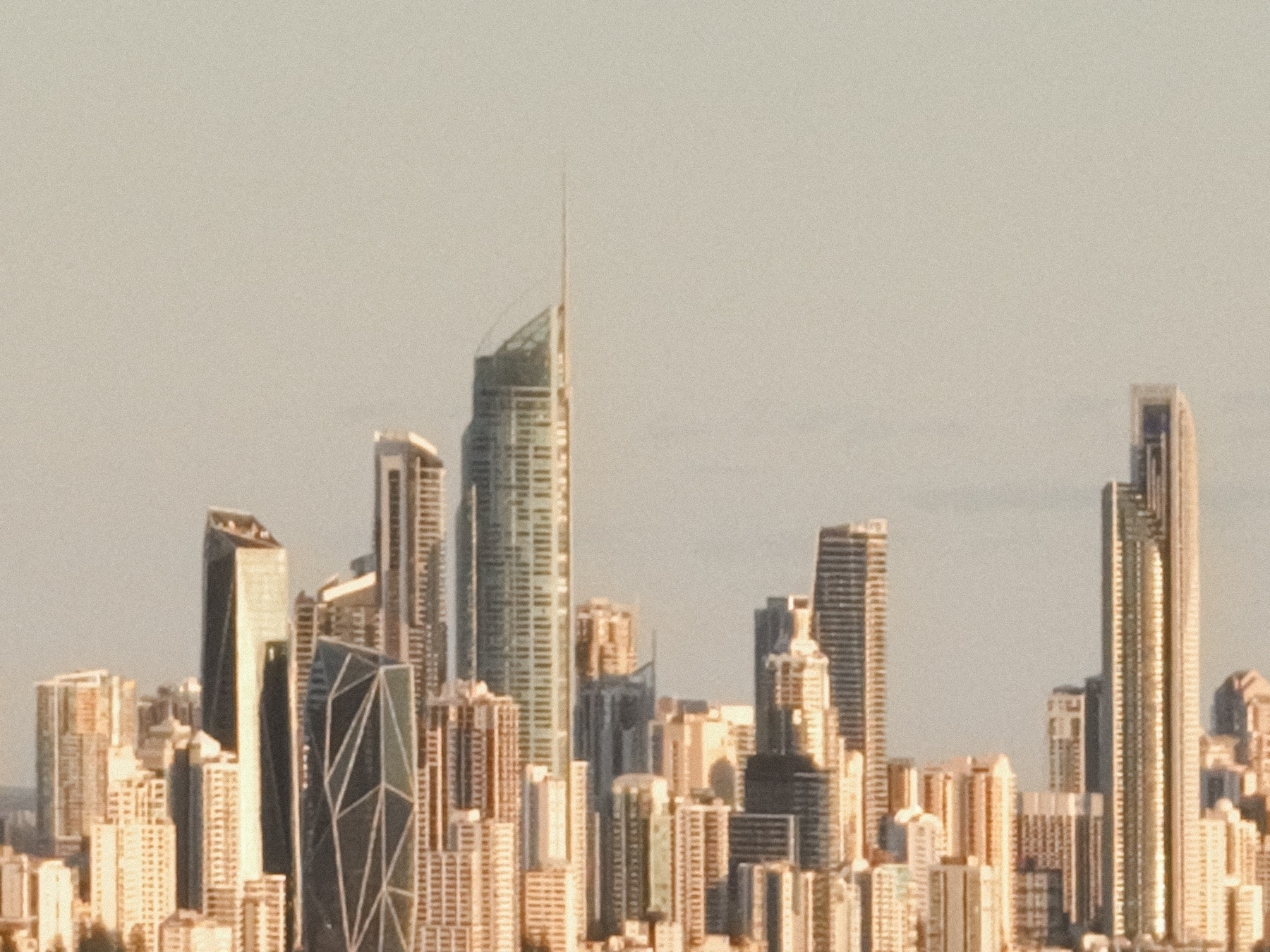
"More evidence suggests that nature does something essential for our mental health"
“More evidence suggests that nature does something essential for our mental health. Specifically, we have learned that nature tends to result in reduced circulating levels of the stress hormones adrenaline and cortisol, lowered blood pressure, blunted “perceived stress” after stressful life events, and lower short-term levels of anxiety and depression. We also appear to ruminate less after we’ve spent time in nature, a phenomenon distinct enough to appear as differences in neural activity during brain scans. One recent study selected 541 vacant lots across the city of Philadelphia and randomly allocated each to either receive no intervention; receive regular trash removal and mowing; or be turned into open pocket parks, with trees and a pleasant, short wooden-perimeter fence. Survey teams blind to the intervention were sent out to question residents at random before and after the great experiment, eventually interviewing nearly 450 people about their mental health. When the study was complete, its architects found that residents of neighborhoods where lots had been greened were much healthier psychologically than those whose lots had merely been cleaned. Around greened lots, neighborhood-level rates of feeling “depressed” dropped by 42%, feeling “worthless” by 51% and having generally “poor mental health” by 63 percent.
Read the whole article in Outside via Kyle Westaway’s Weekend Briefing email.
Hey Siri, please remind me of this every day
“People hate their own art because it looks like they made it. They think if they get better, it will stop looking like they made it. A better person made it. But there’s no level of skill beyond which you stop being you. You hate the most valuable thing about your art.”
As Brisbane goes into lockdown - 6pm June 29, 2021
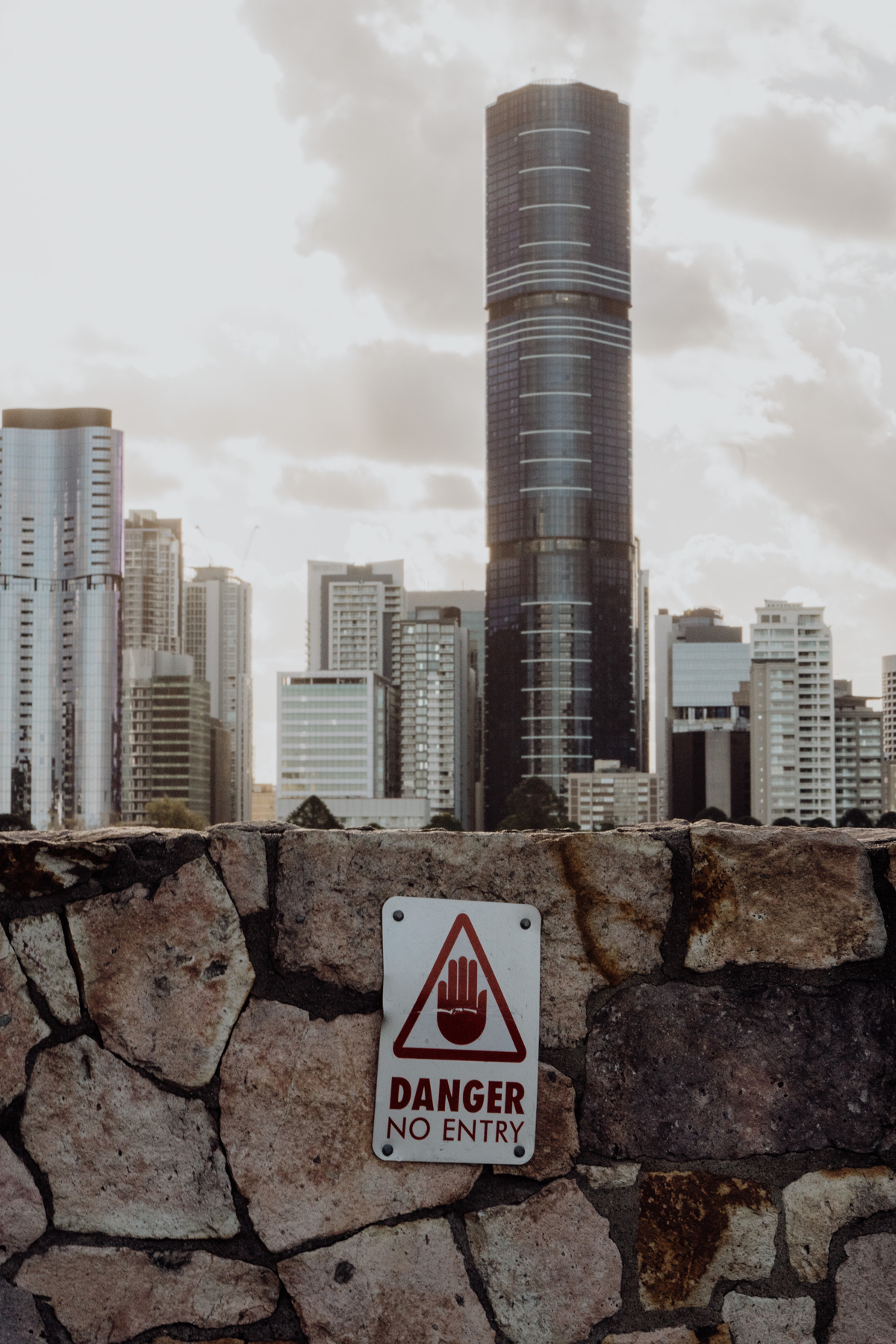
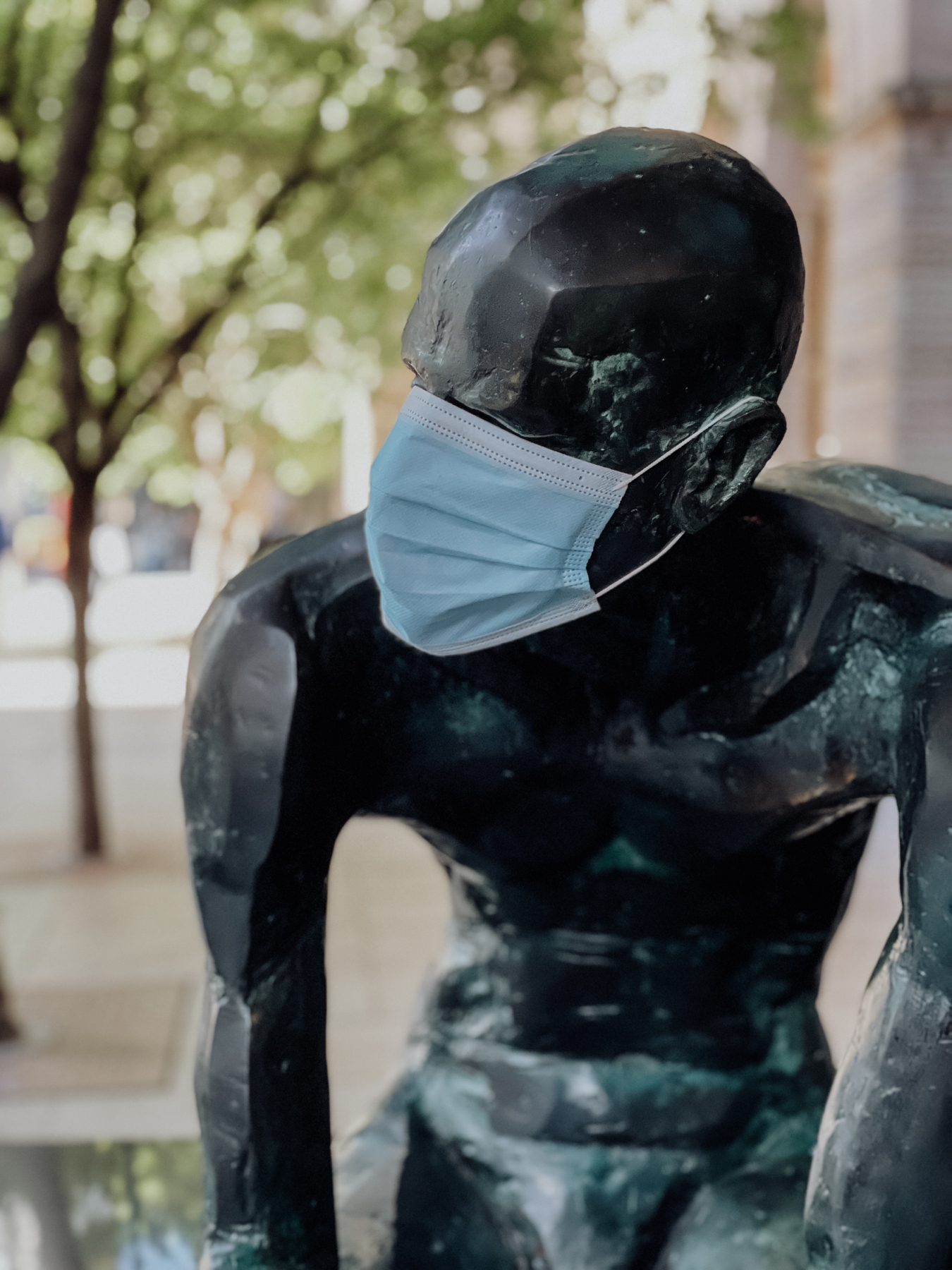
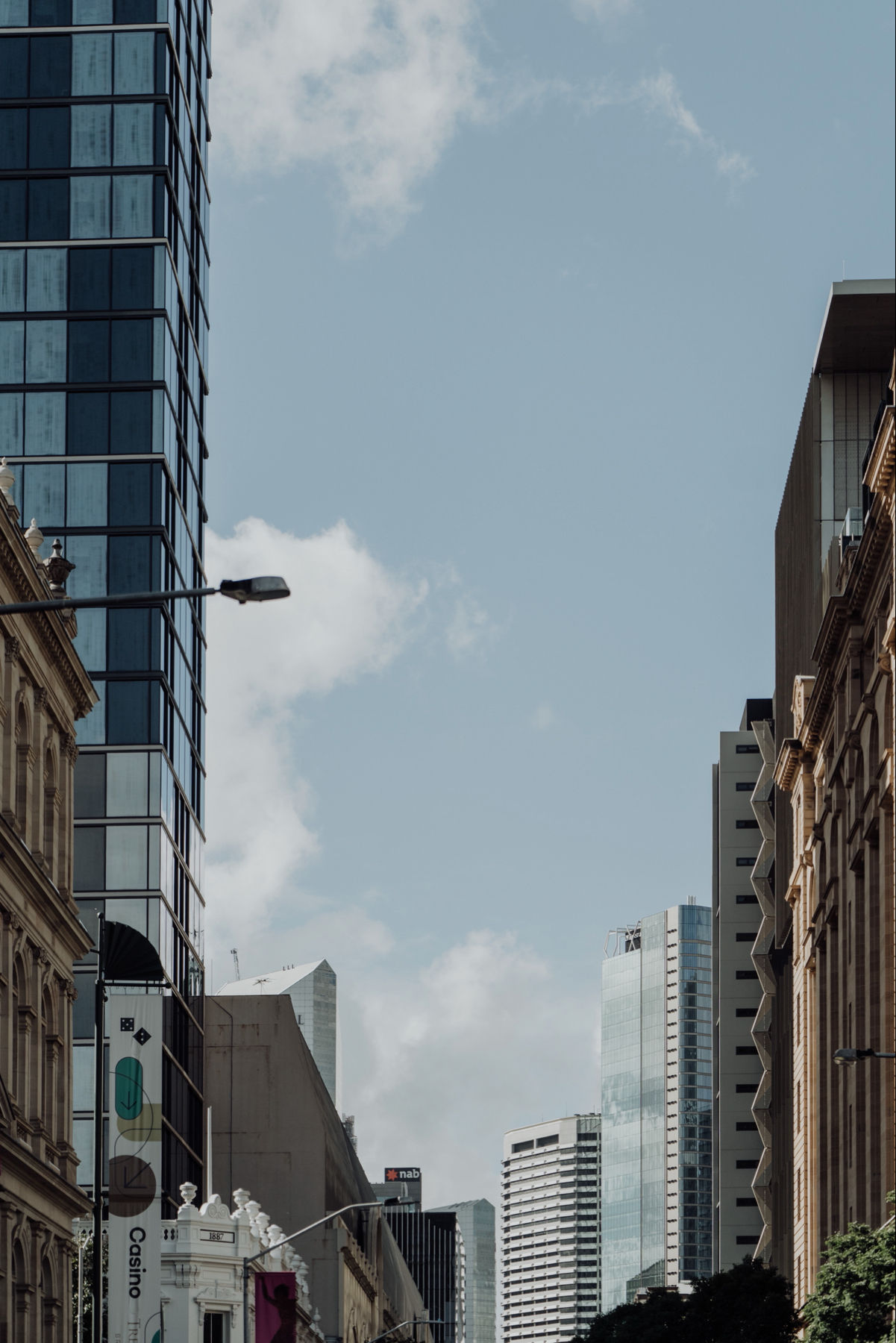
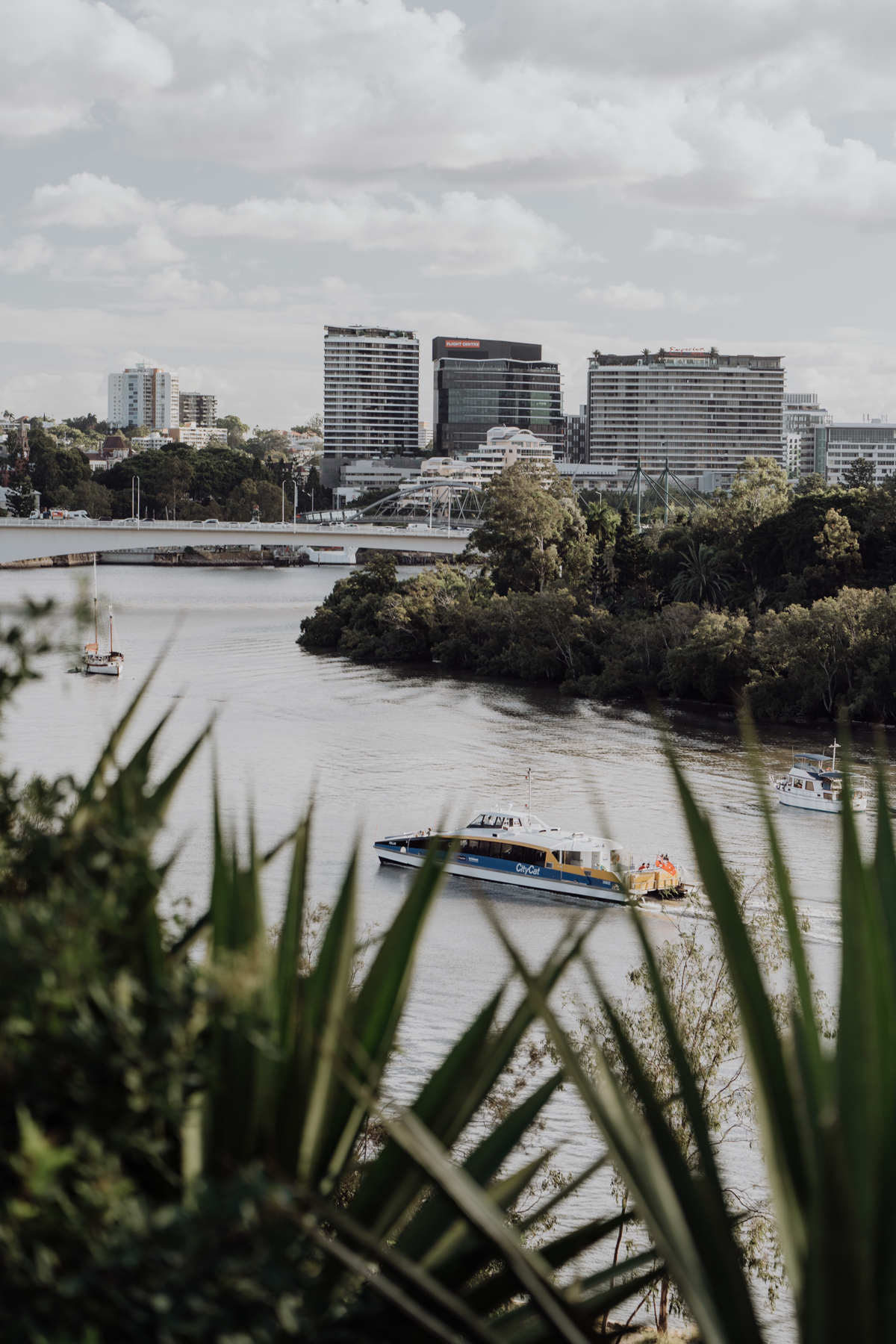
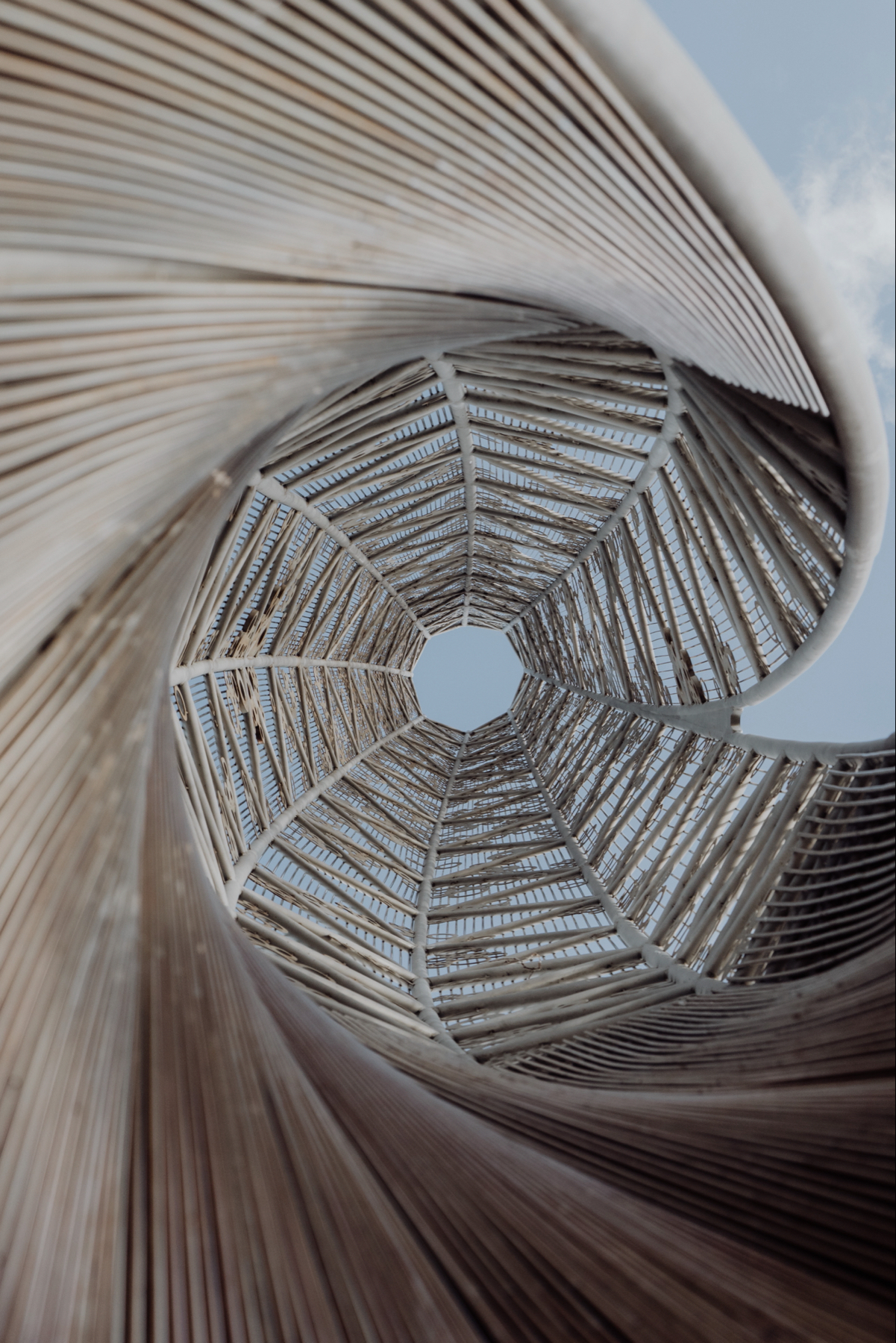
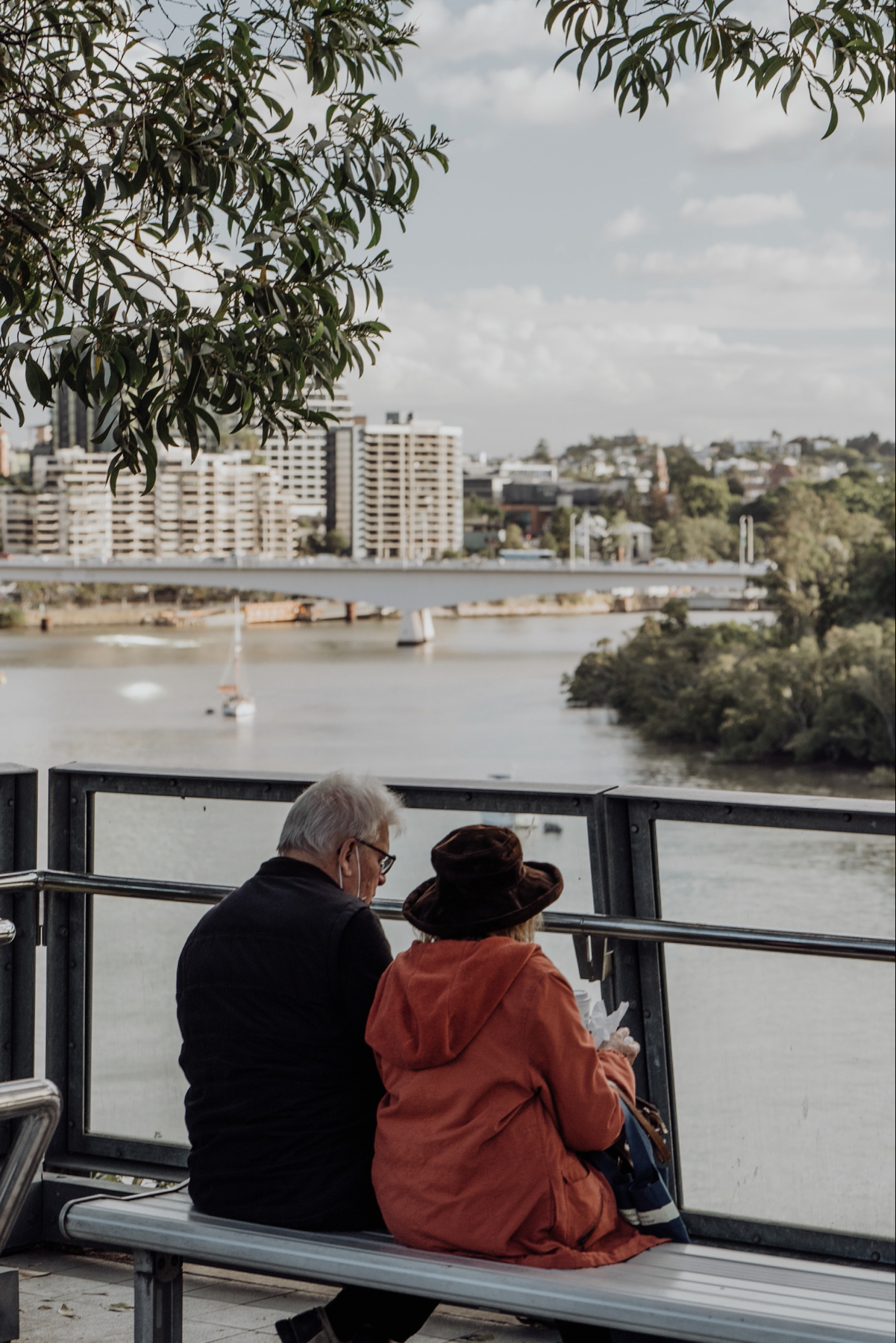
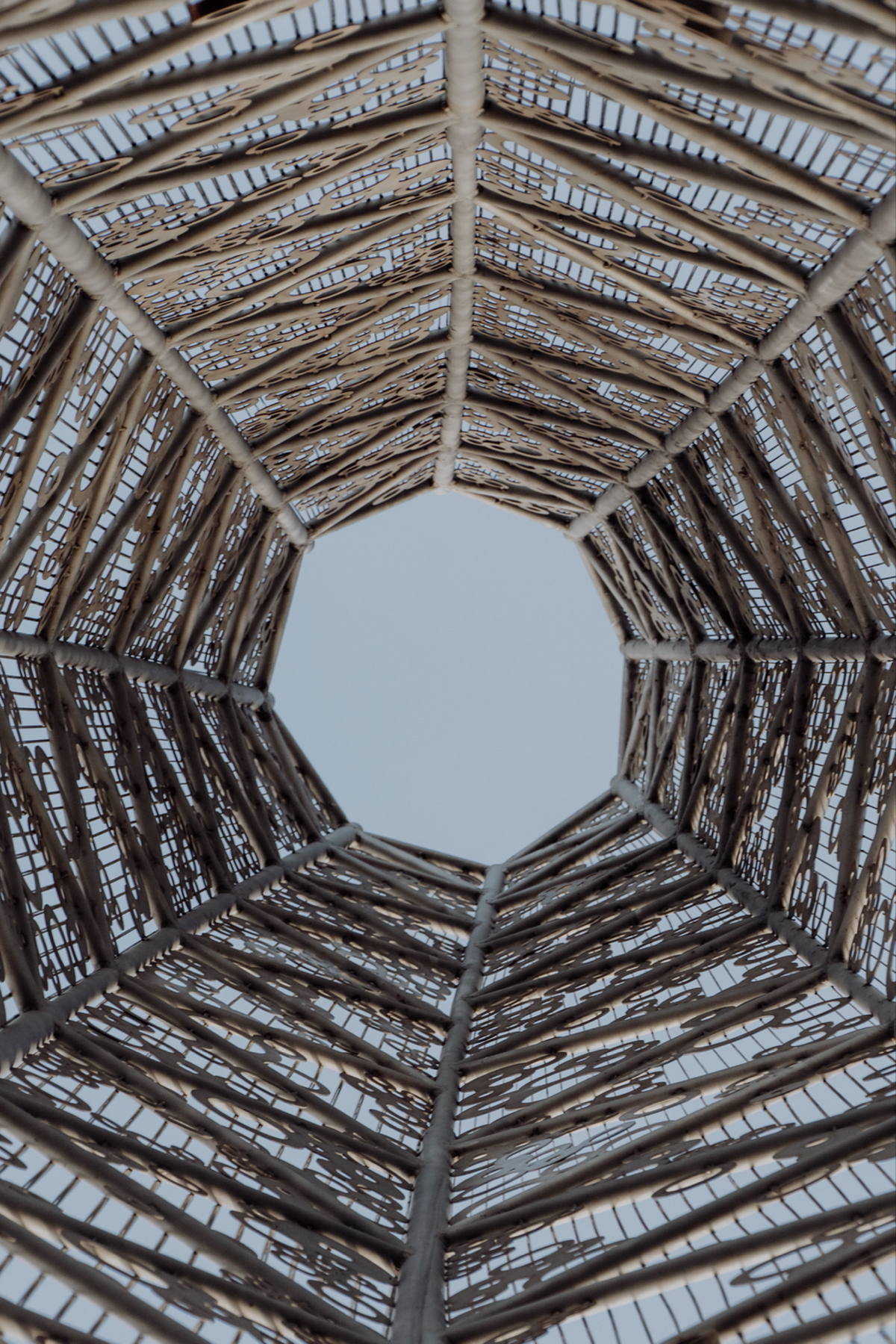
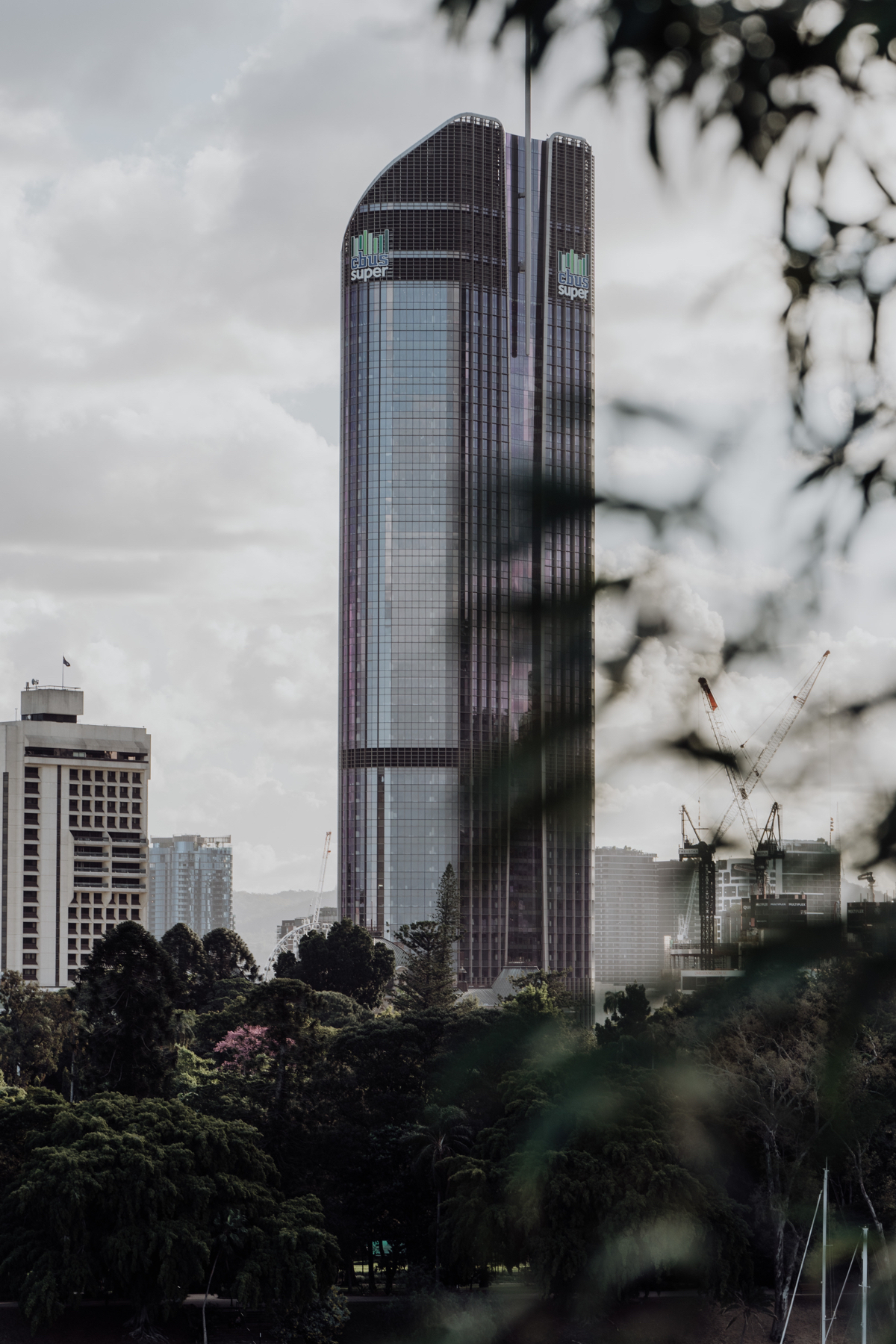
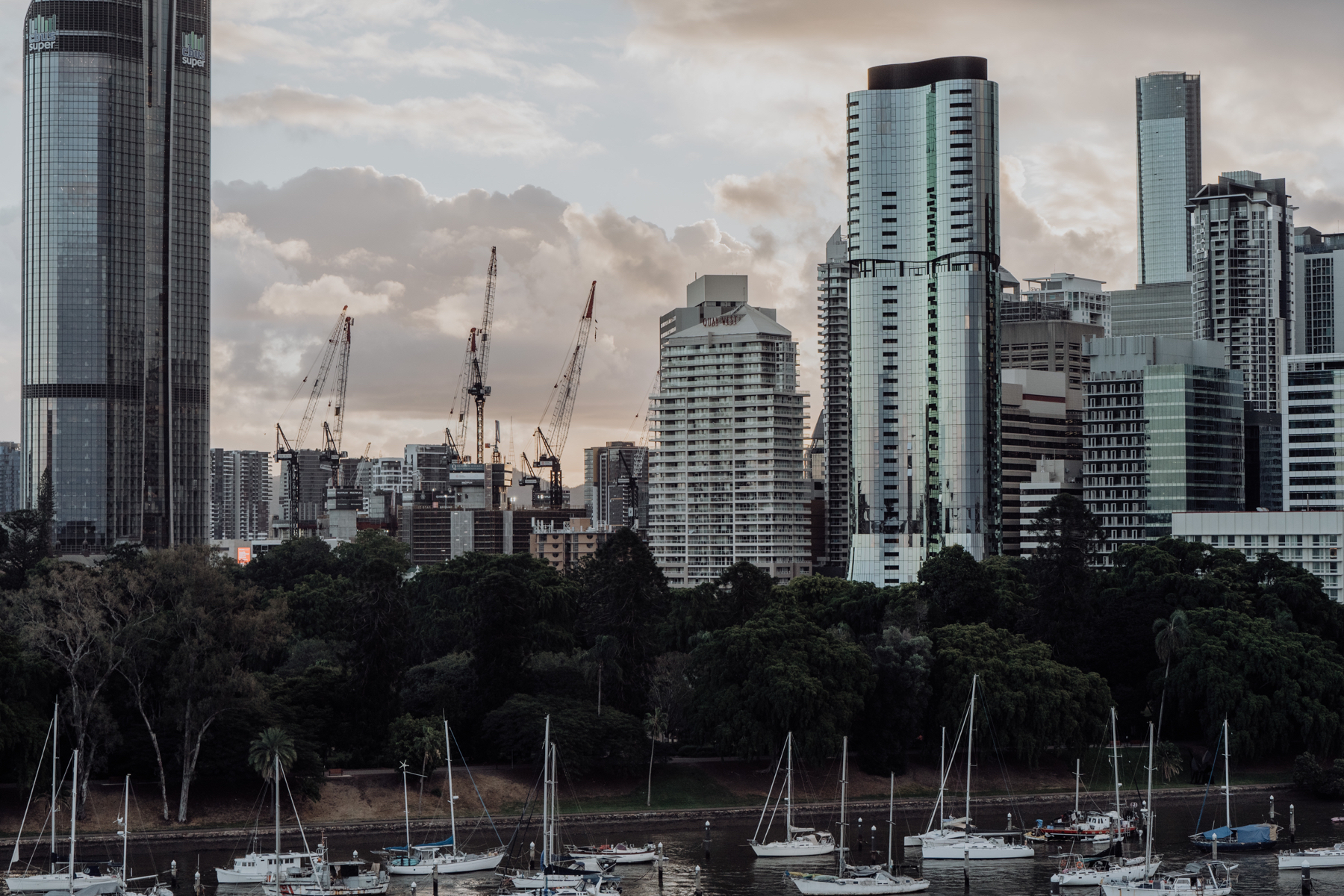
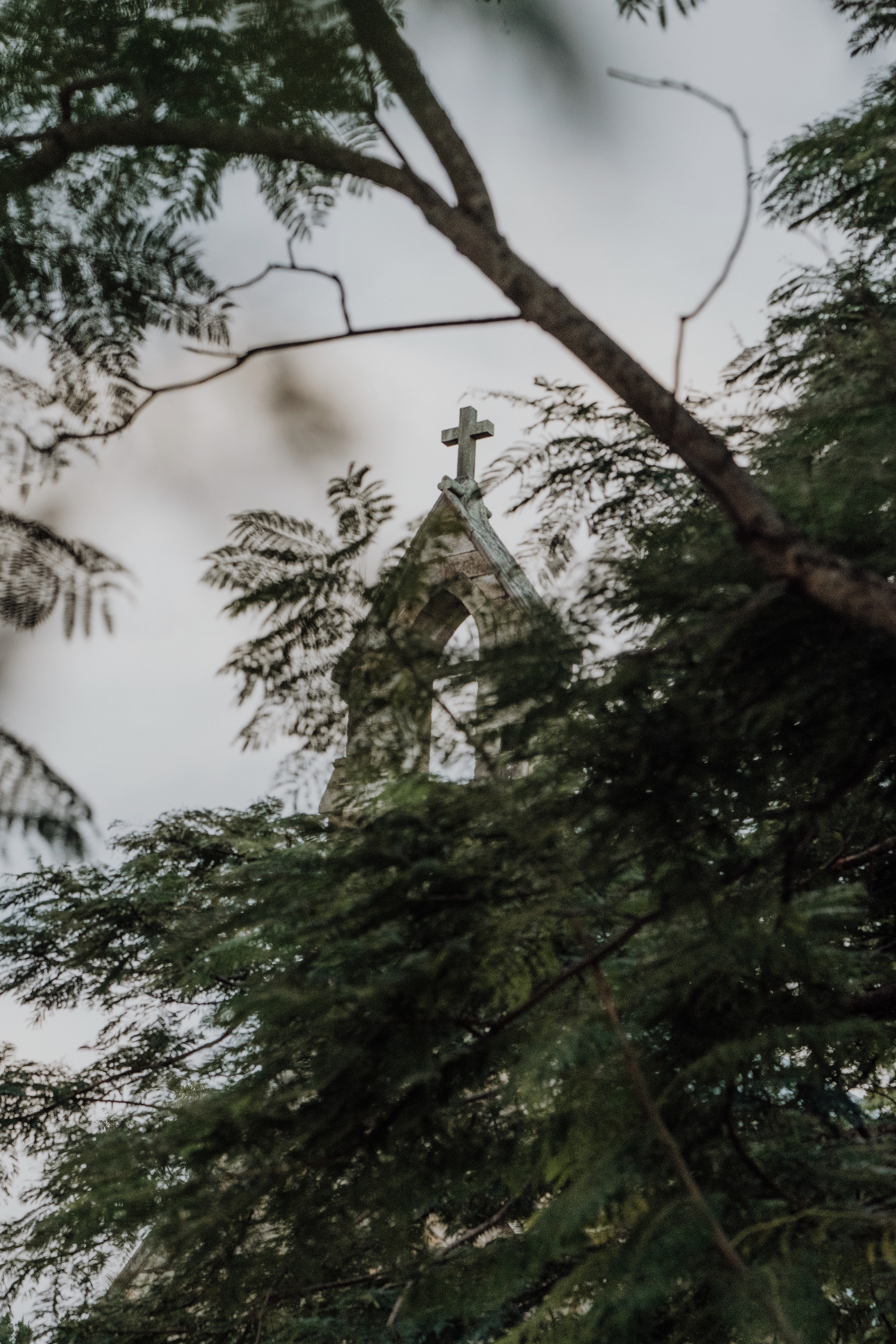
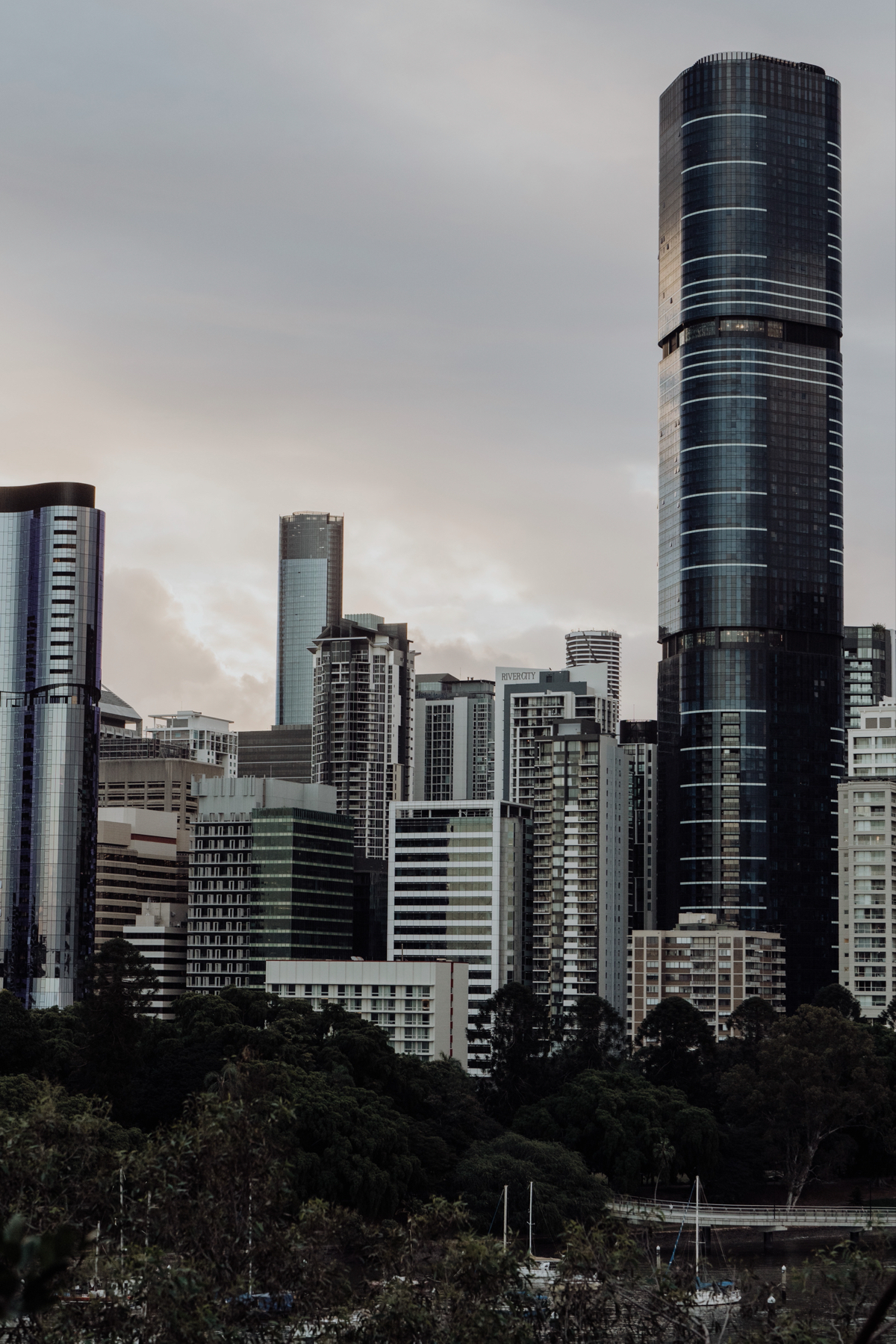
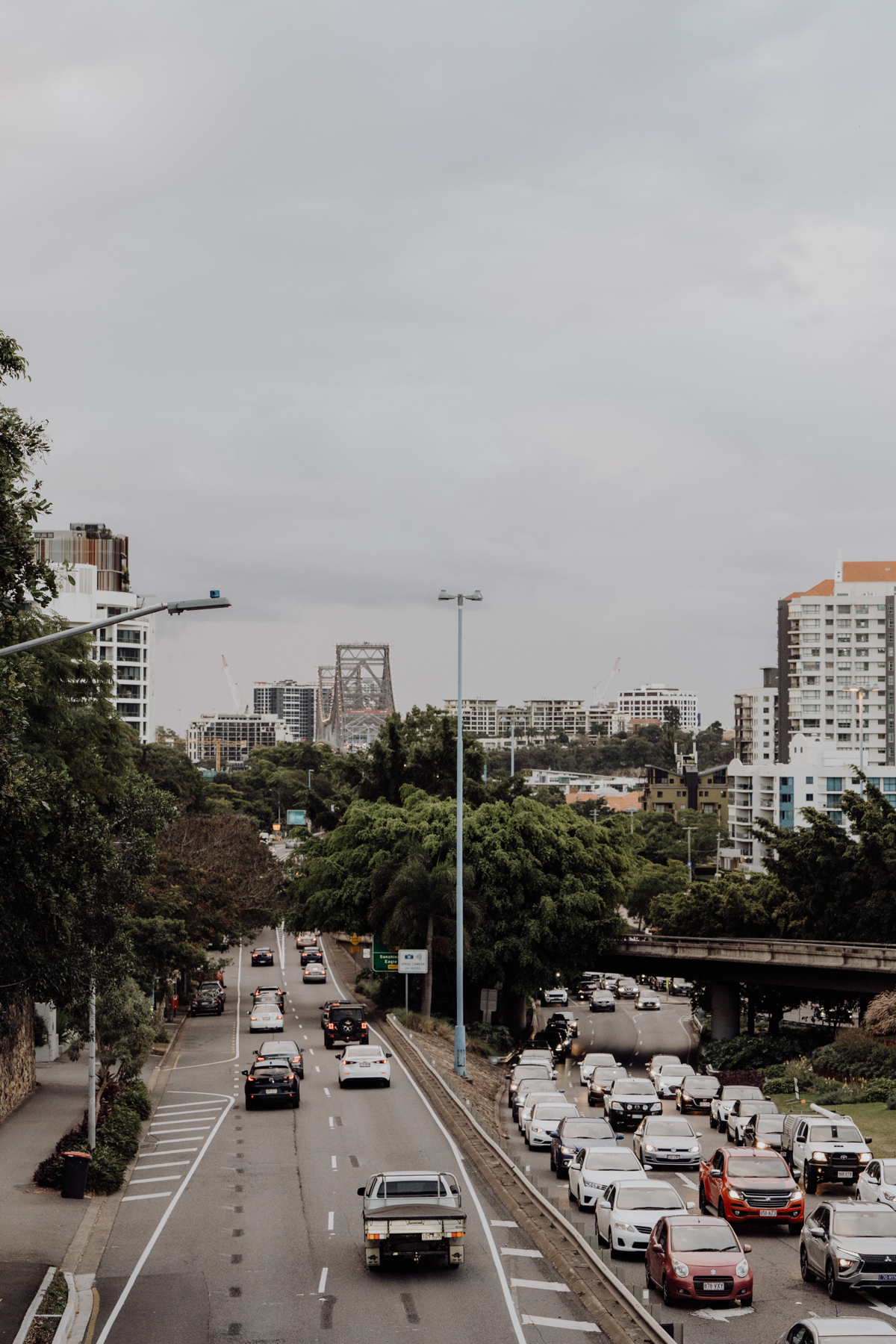
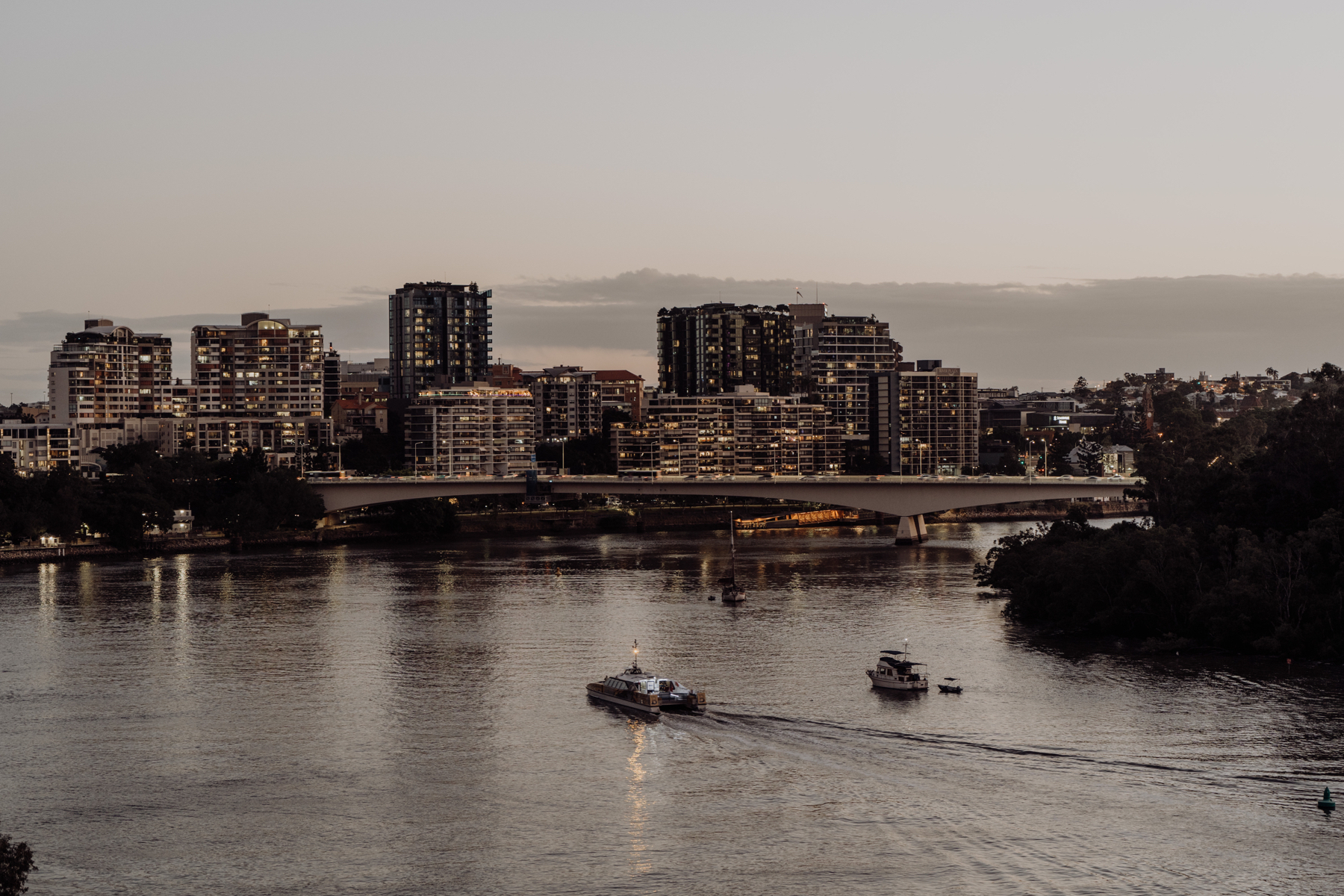
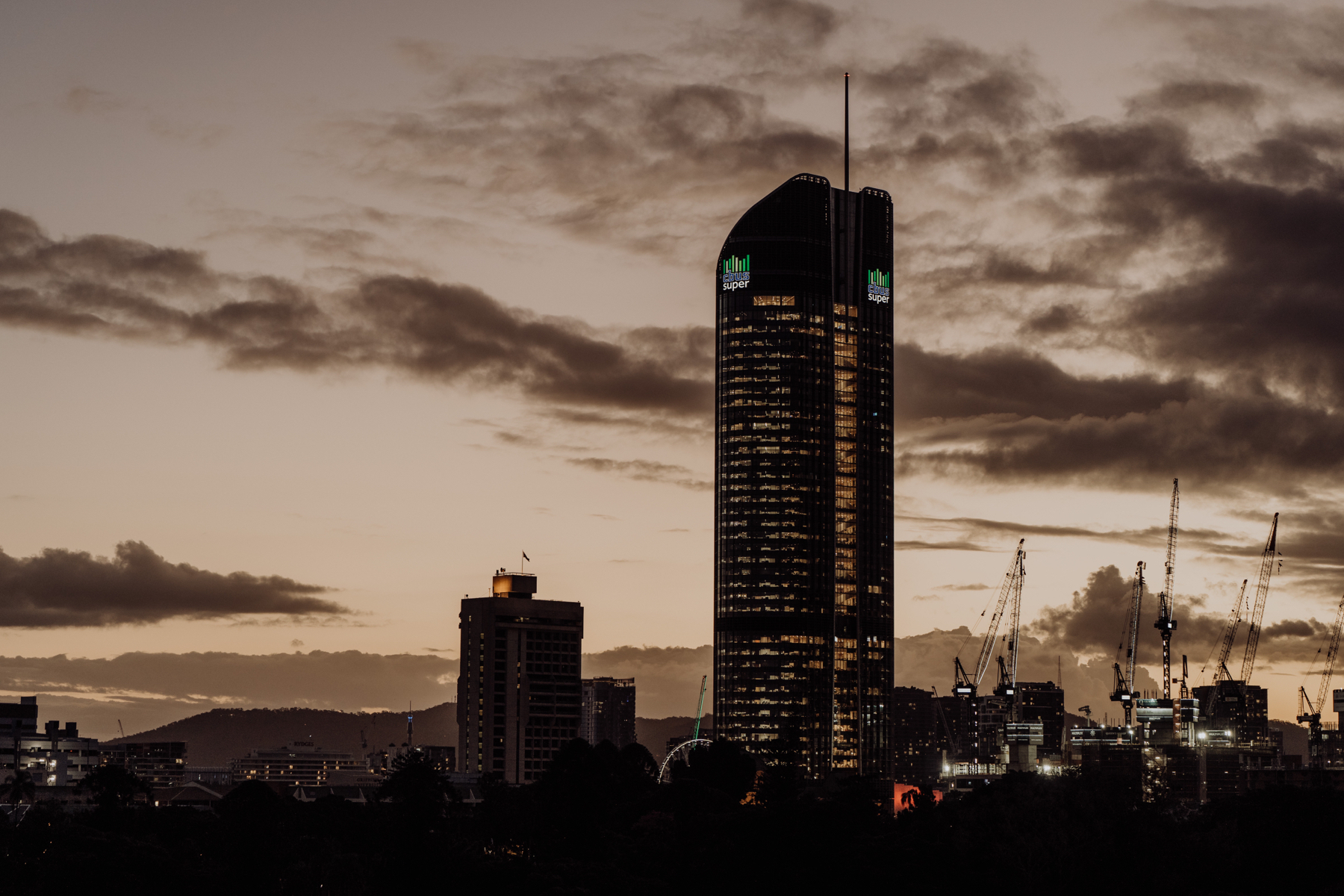
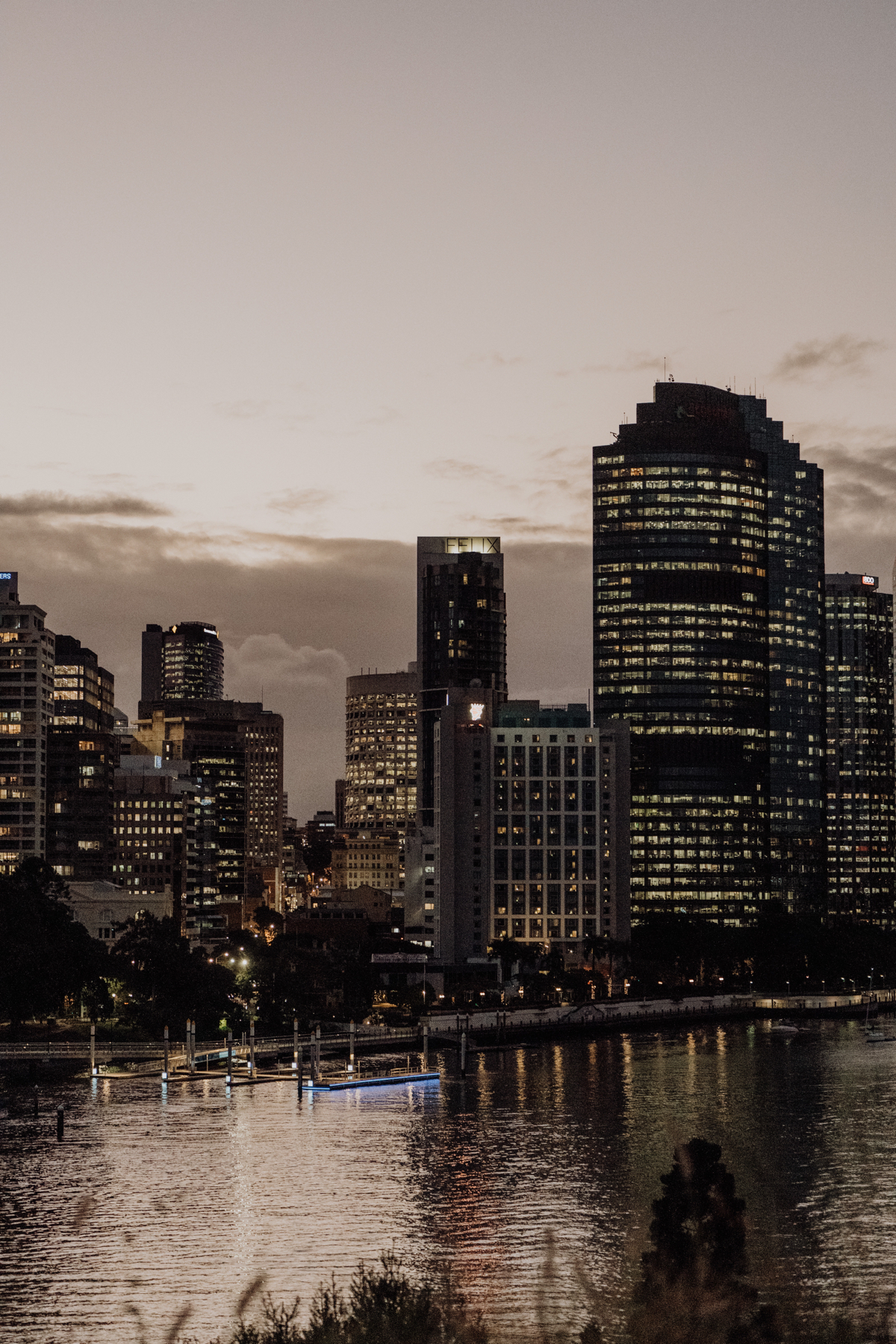
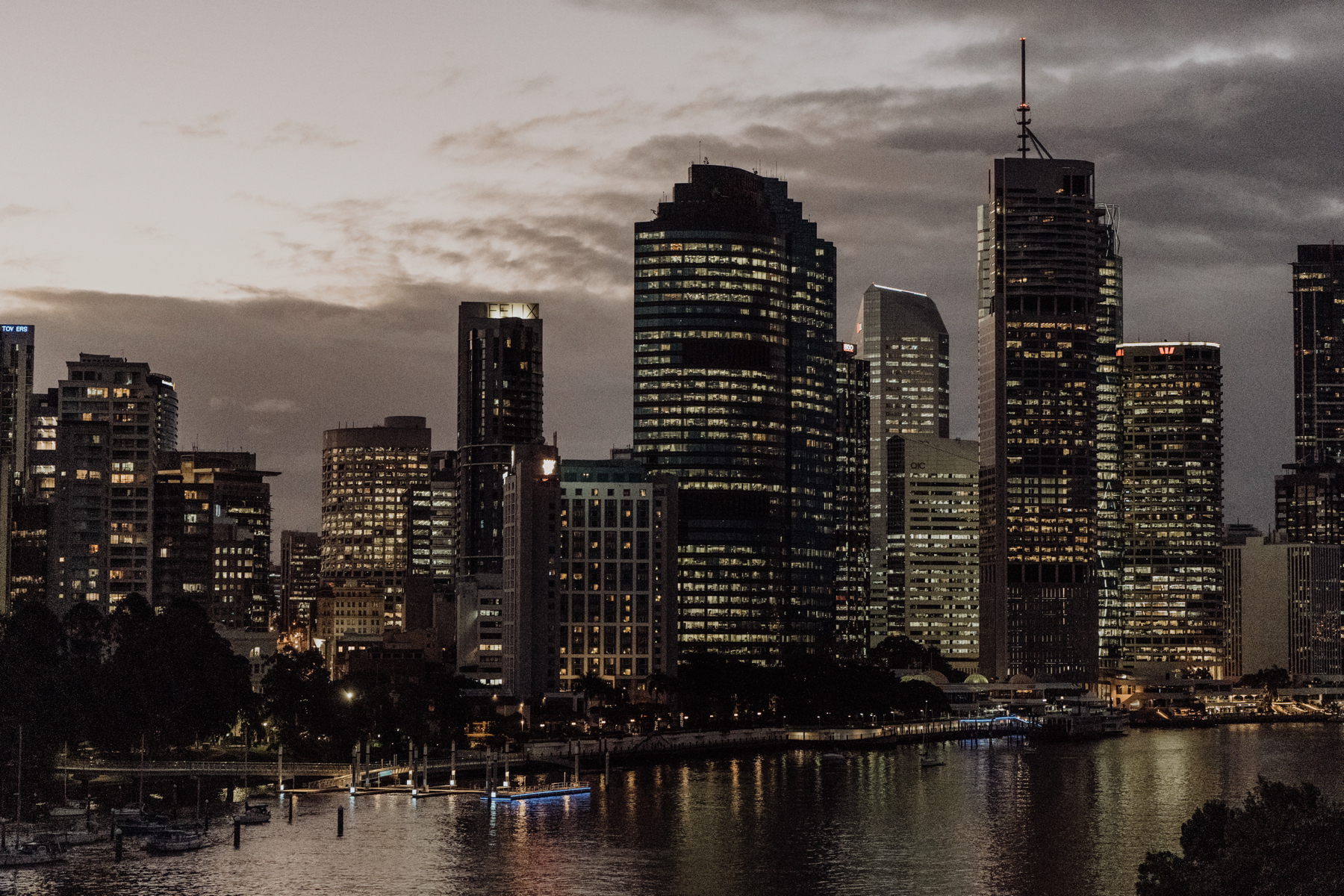
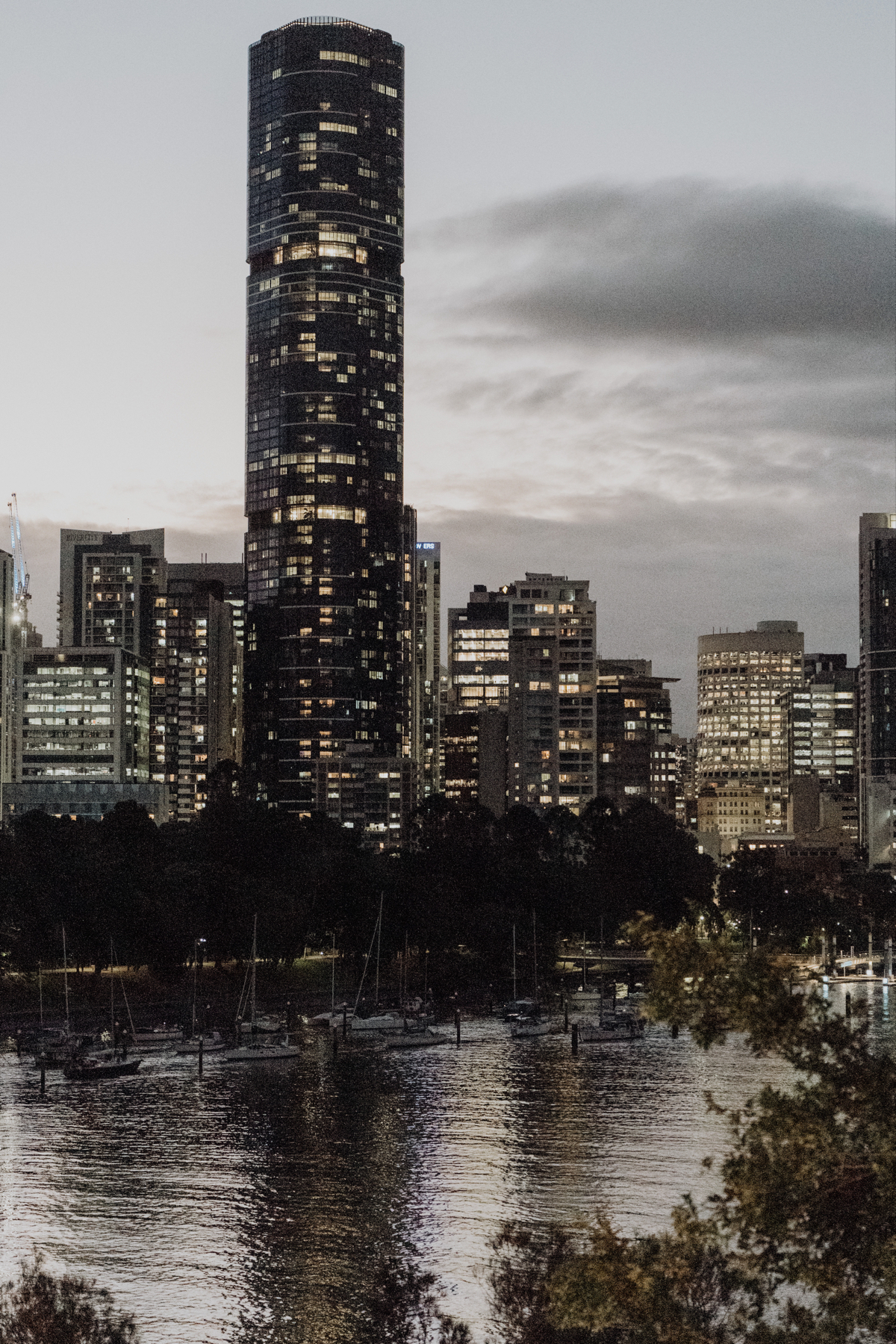
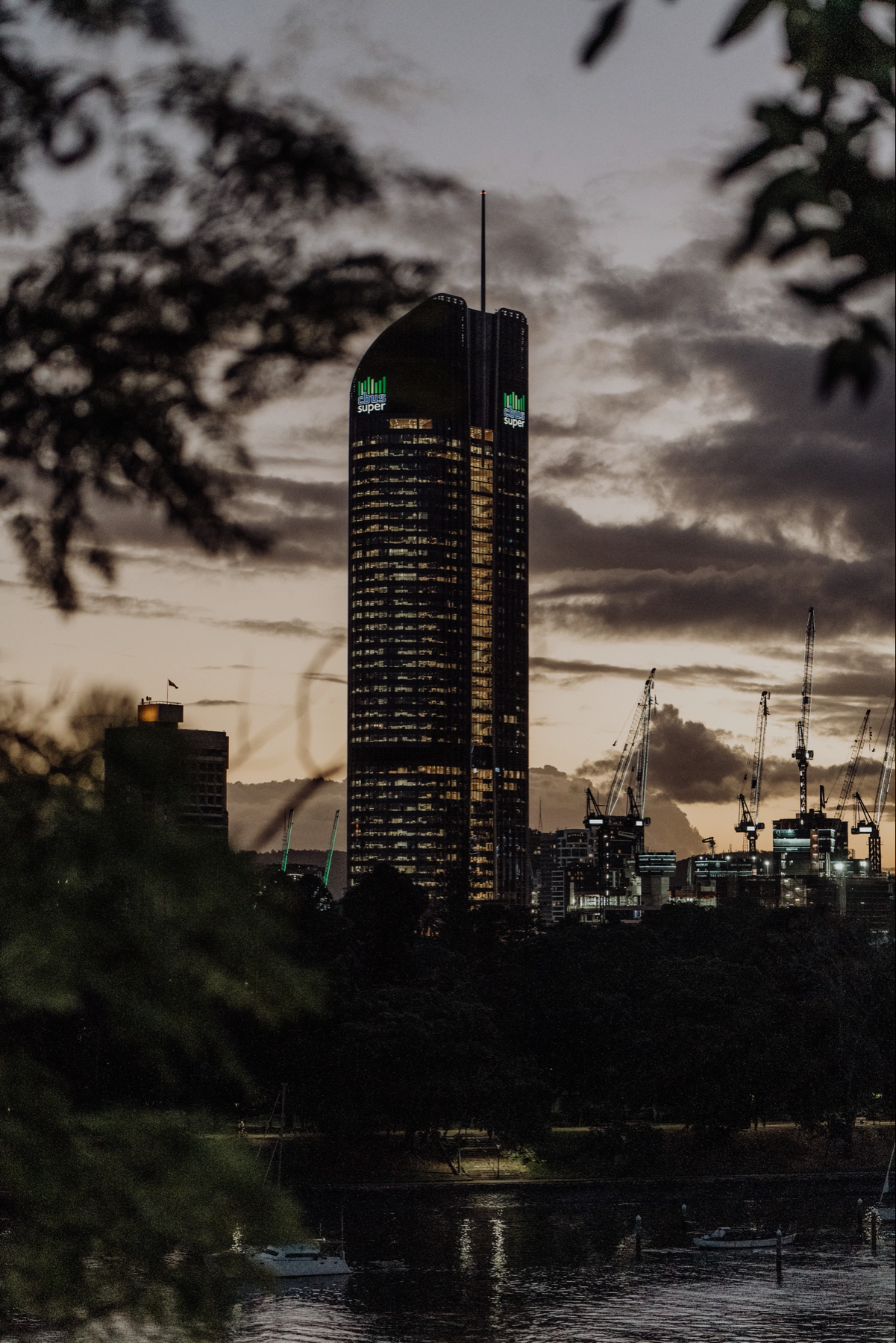
Tap your phone at Gold Coast bus stops to access my website
My February 2021 Apple Fitness challenge is to walk 227km in the month. So I was out late last night closing in on the target when I stopped and looked at the bus timetable sign at a local bus stop.
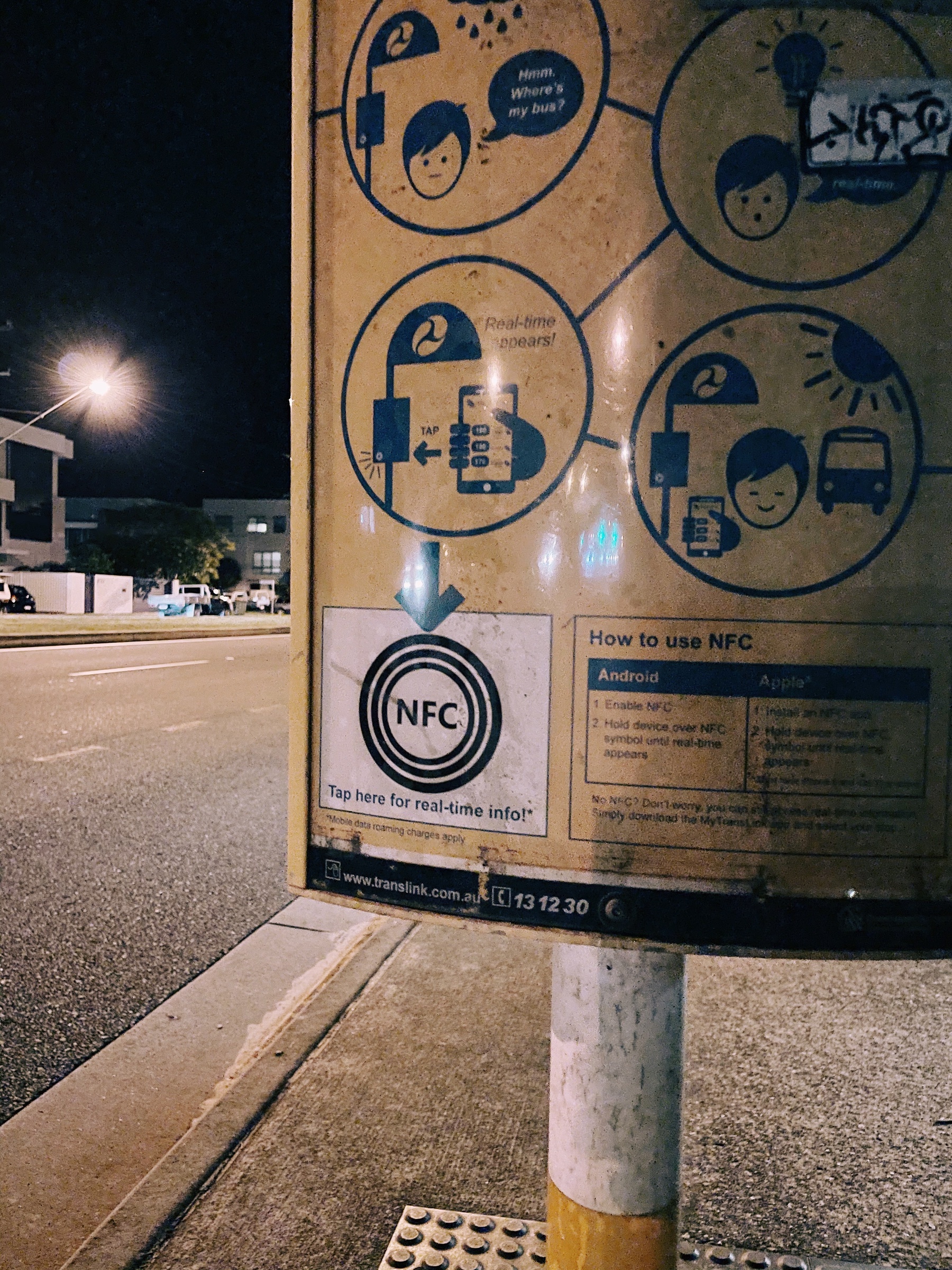
That NFC tag piqued my curiosity. I wondered if it worked on iPhone?
So I tapped my iPhone 12 Pro up against the NFC logo and a website hyperlink notification popped up like when you scan a QR code.
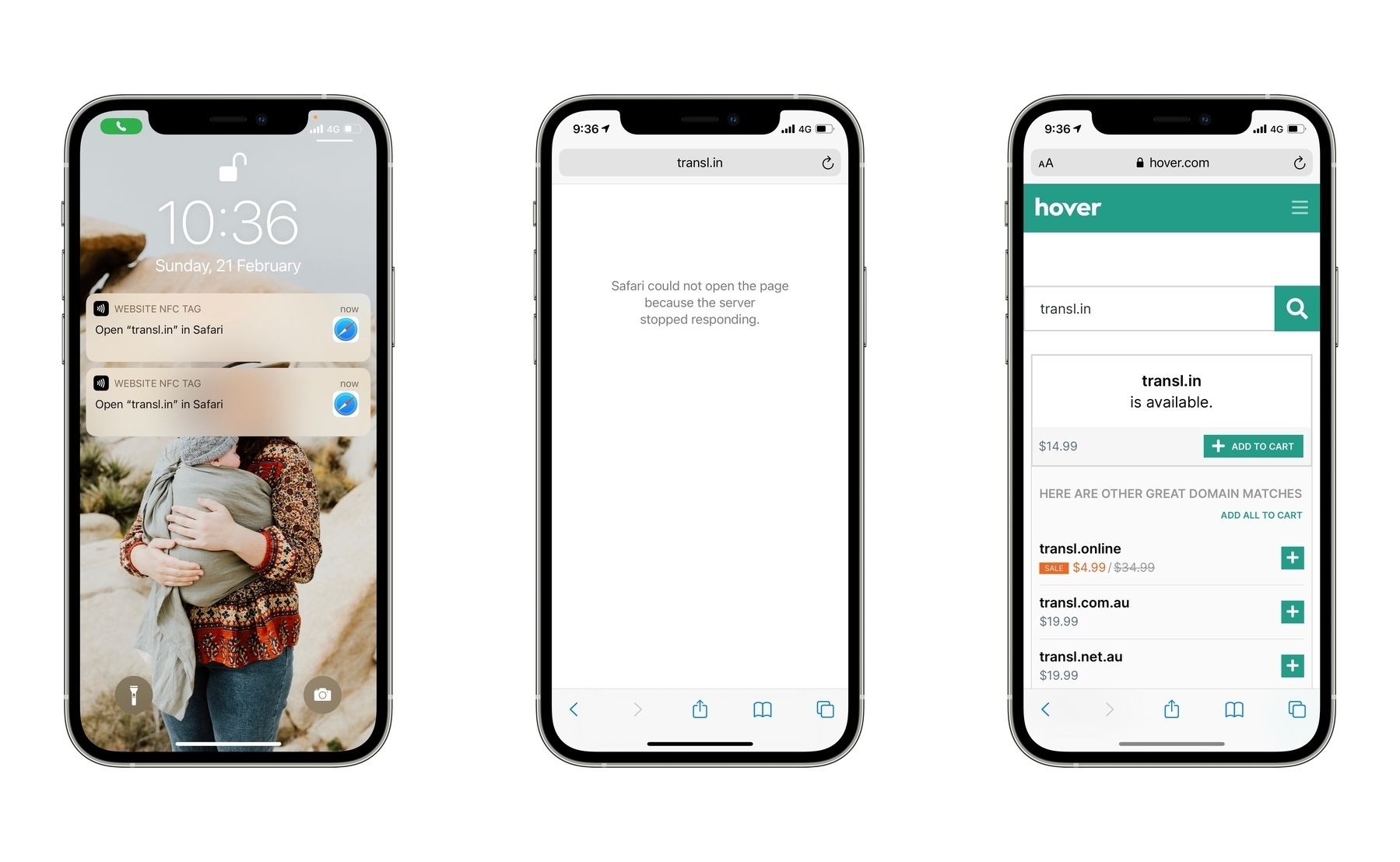
And TransLink, the local public transport provider, had neglected to renew the domain name used in the NFC tag.
I now own the transl.in domain name and the people of the Gold Coast now have easy access to my website. 🤷♂️
As an example, a local bus stop links to http://transl.in/k_300428
Running the numbers on great writing
“Hemingway, Morrison and Steinbeck, their best books, the ones that are held up and have the most attention on them now, are the books with the fewest amount of –ly adverbs.”
One Writer Used Statistics to Reveal the Secrets of What Makes Great Writing
This is one of those articles I think I’ll read a few times over the next few weeks.
“Everyone reacts, few respond.”
“McDonald’s Theory On How Best to Rescue Conversations” by Karthik Rajan
Homo sapiens won the evolutionary race because we were connected
Research shows that Homo neanderthalensis (otherwise known as Neanderthals, the species of people that didn’t survive where we did) was more intelligent and had a bigger brain than Homo sapiens, but Sapiens, Humans, were connected. We were social.
We won not because of our intellect but because of our sociability.
“If Neanderthals were a super-fast computer, we were an old-fashioned PC – with wi-fi. We were slower, but better connected.”
From the book I’m currently reading, “Humankind: A Hopeful History” by Rutger Bregman.
record scratch freeze frame “Yup, that’s me. You’re probably wondering how I got into this situation…”
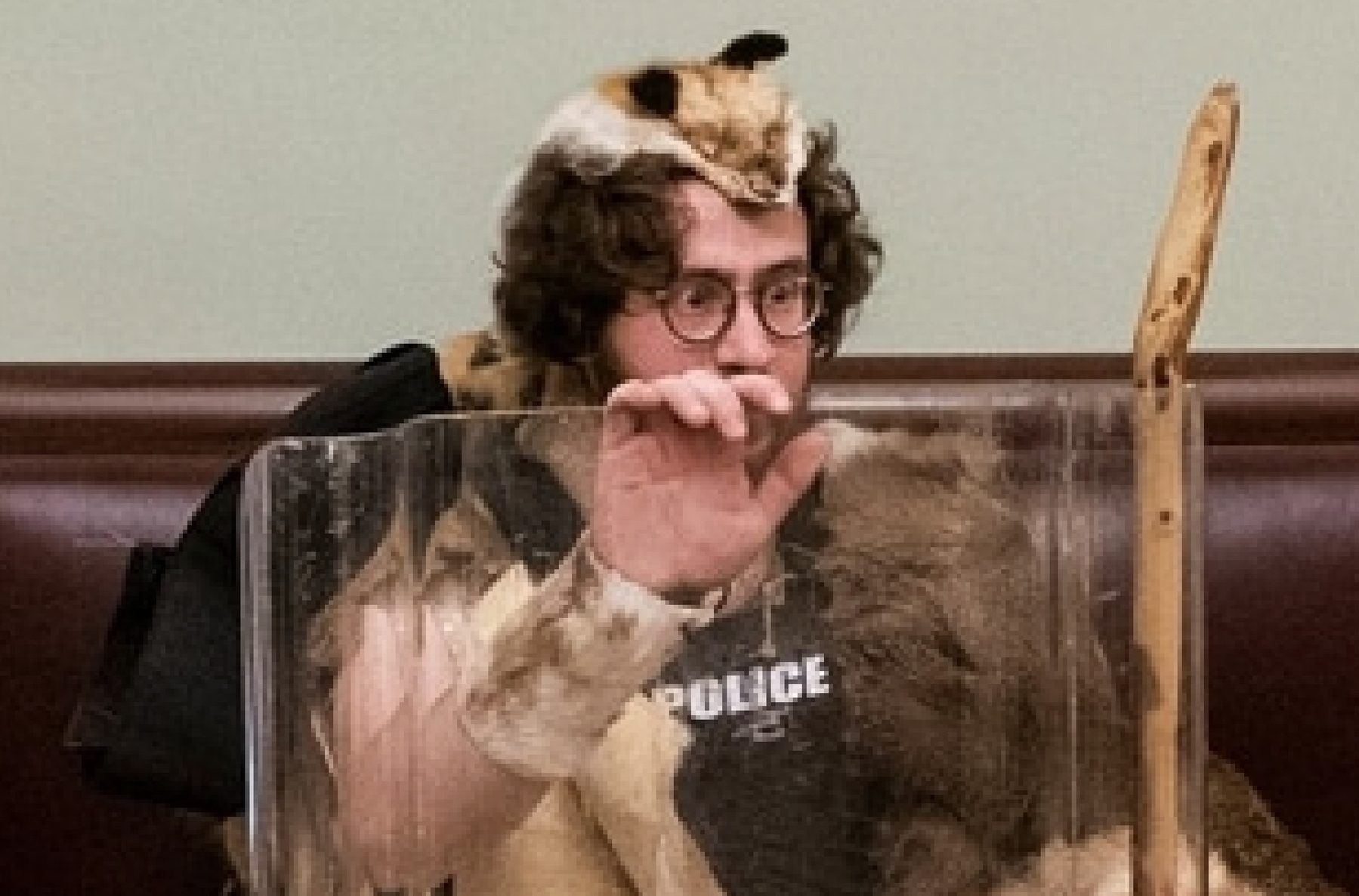
America, our love story, and how we fell out of love
19 years and four months ago today, when I was just 19, I woke up on the Gold Coast and discovered the United States of America.

Before the 12th of September, 2001, I knew of a foreign nation north of Mexico, south of Canada, where a few of my favourite TV shows, movies, and bands were from. I’d heard of ‘Bush’ or The White House’, and between friends we’d joke about “not having sexual relations with that woman.”
Seinfeld was tied with South Park as my favourite TV show, and I thought I did a pretty good US accent for a gag.
But as Australia awoke on the 12th of September, 2001, we learned of the attacks on the USA.
I was glued to the TV news for days. I had a computer at home without an internet connection and couldn’t afford a phone line plus dialup Internet, but found out that Telstra offered prepaid telephone landlines and prepaid dialup internet, so within days had my own personal internet connection I could spend endless hours on (until my credit expired) discovering this ‘America’ that was under attack.
I subscribed to Time Magazine and started reading stories of the American people coming together, being together, joining together, in the days and weeks after the attack. I was hooked.
I wanted to know everything there was to know about these people, and this country, that was so united despite the terror that rained down on them.
Over the years I’ve been blessed to visit the ‘home of the brave’ many times. I’ve spoken at conferences there, and even married many couples in Hawaii, New York, Oregon, and California. I was even supposed to be there this week for a wedding in Orlando - but thanks to covid I’m here, home, in Australia.
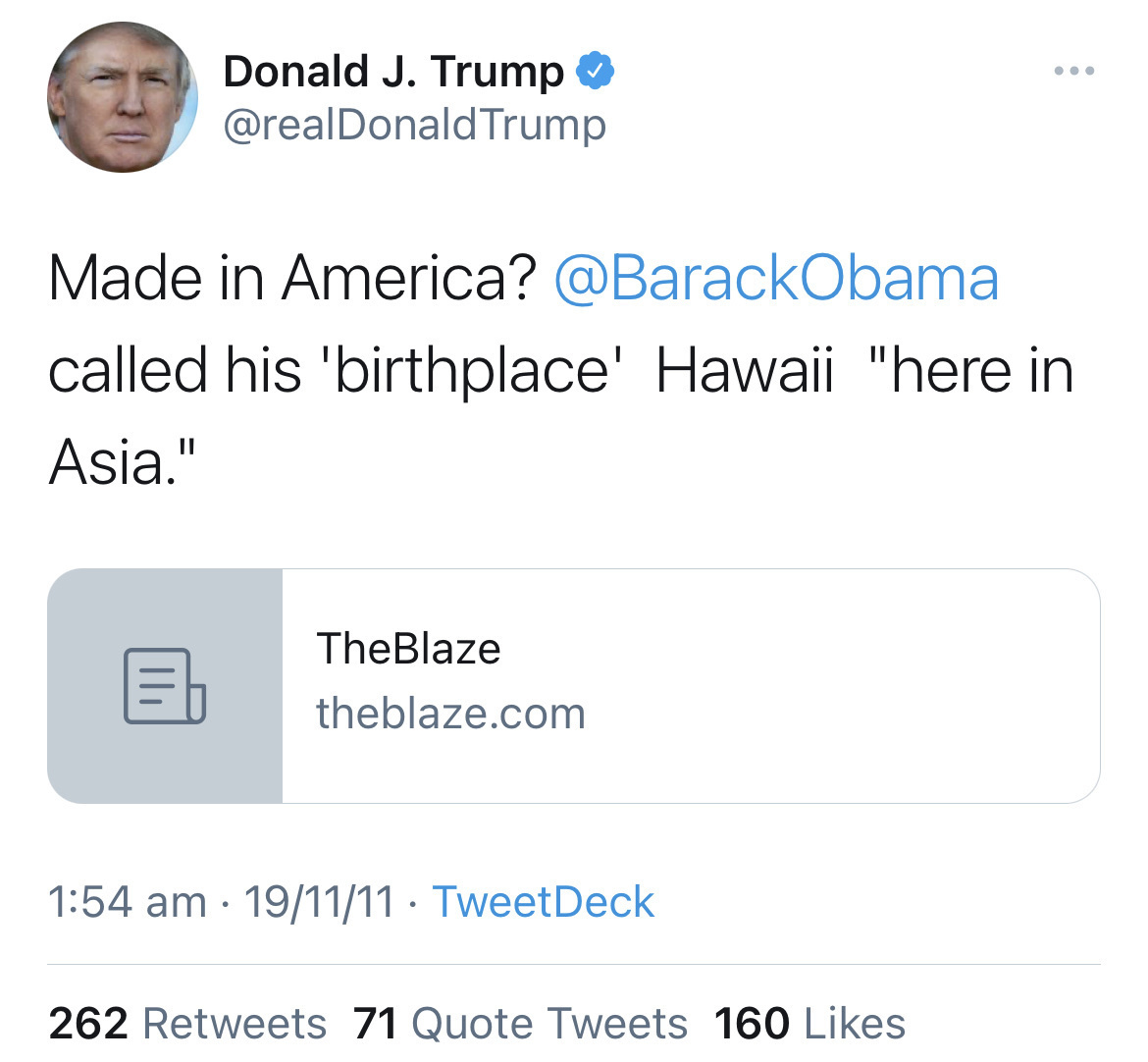
In 2011 when Donald Trump questioned if Barack Obama was “made in America?” it was simply comedy fodder for an Australian on breakfast radio. We all laughed.

But in the nine years since that tweet, through to today where Trump literally encouraged mobs of people to storm the US Capitol, that America I idolised has changed so greatly.
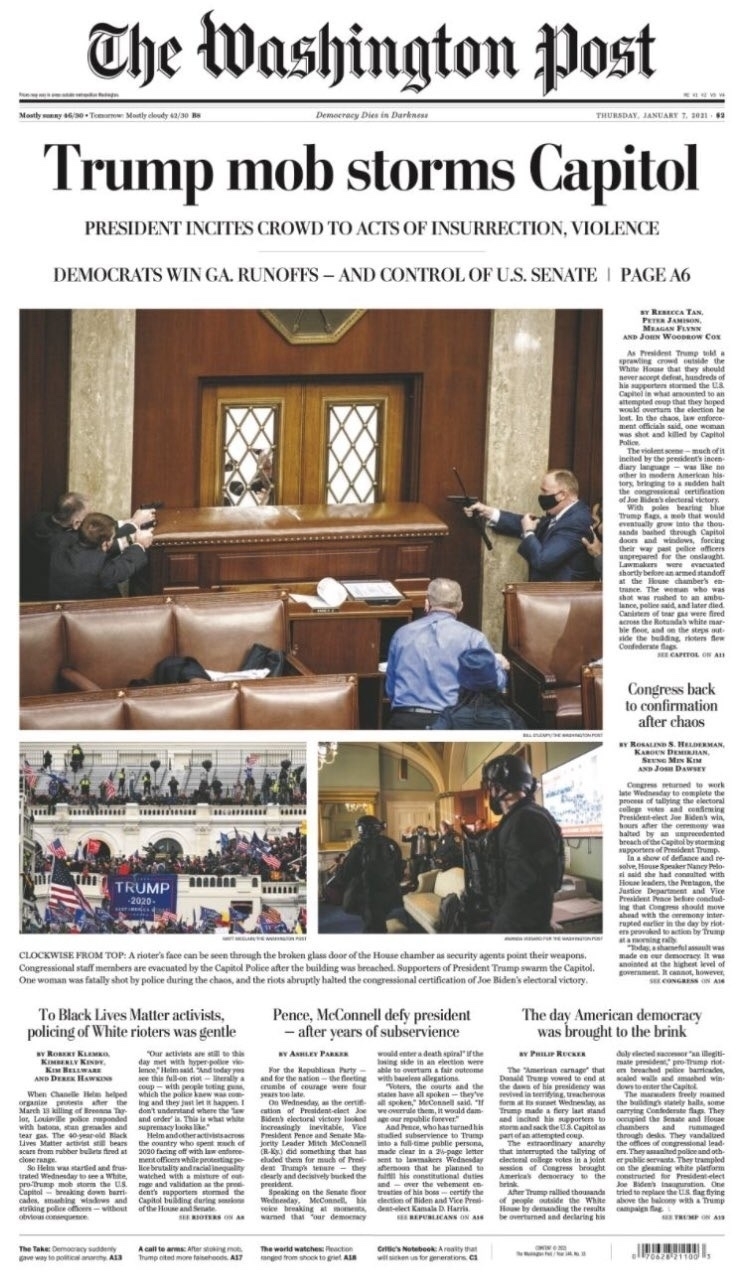
America was a place I dreamed of ‘making it’ and a country I always wanted to explore. I dreamt of living there and building a life a-fresh in the land of the free.
Today however, it’s a whimper of the country I researched so earnestly in 2001.
Today it’s divided, angry, and ignorant of the plight of the persons of America, so heavily focused on the synecdoche America, so ignorant of the American.
Oh, say can we see, that America I fell in love with 19 years ago?
A shop displayed a sign announcing that they were “only excepting card payments at this time” and it’s really sitting with me hey.
‘Nice’ doesn’t sell ads
I’ve found the most quotable book I’ve read in a while.
“Imagine for a moment that a new drug comes on the market. It’s super-addictive, and in no time everyone’s hooked. Scientists investigate and soon conclude that the drug causes, I quote, ‘a misperception of risk, anxiety, lower mood levels, learned helplessness, contempt and hostility towards others, and desensitization’. Would we use this drug? Would our kids be allowed to try it? Would government legalise it? To all of the above: yes. Because what I’m talking about is already one of the biggest addictions of our times. A drug we use daily, that’s heavily subsidised and is distributed to our children on a massive scale. That drug is the news.”
Ruther Bergman’s book Humankind was recommended to me by my Aunt over Christmas as we talked about the light subject of saving the planet and bringing peace to planet earth.
Tracey recommended the book and in the first chapter Rutger is straight in for the attack on the news.
“I was raised to believe that the news is good for your development. That as an engaged citizen it’s your duty to read the paper and watch the evening news. That the more we follow the news, the better informed we are and the healthier our democracy. This is still the story many parents tell their kids, but scientists are reaching very different conclusions. The news, according to dozens of studies, is a mental health hazard. First to open up this field of research, back in the 1990s, was George Gerbner (1919–2005). He also coined a term to describe the phenomenon he found: mean world syndrome, whose clinical symptoms are cynicism, misanthropy and pessimism. People who follow the news are more likely to agree with statements such as ‘Most people care only about themselves.’ They more often believe that we as individuals are helpless to better the world. They are more likely to be stressed and depressed. A few years ago, people in thirty different countries were asked a simple question: ‘Overall, do you think the world is getting better, staying the same, or getting worse?’ In every country, from Russia to Canada, from Mexico to Hungary, the vast majority of people answered that things are getting worse. The reality is exactly the opposite. Over the last several decades, extreme poverty, victims of war, child mortality, crime, famine, child labour, deaths in natural disasters and the number of plane crashes have all plummeted. We’re living in the richest, safest, healthiest era ever. So why don’t we realise this? It’s simple. Because the news is about the exceptional, and the more exceptional an event is – be it a terrorist attack, violent uprising, or natural disaster – the bigger its newsworthiness. You’ll never see a headline reading NUMBER OF PEOPLE LIVING IN EXTREME POVERTY DOWN BY 137,000 SINCE YESTERDAY, even though it could accurately have been reported every day over the last twenty-five years. Nor will you ever see a broadcast go live to a reporter on the ground who says, ‘I’m standing here in the middle of nowhere, where today there’s still no sign of war.’”
With a careful note on journalism versus the news:
“Of course, by ‘the news’ I don’t mean all journalism. Many forms of journalism help us better understand the world. But the news – by which I mean reporting on recent, incidental and sensational events – is most common.”
And then he slides right into Facebook and Silicon Valley’s current obsession with buying and retailing our attention.
“This modern media frenzy is nothing less than an assault on the mundane. Because, let’s be honest, the lives of most people are pretty predictable. Nice, but boring. So while we’d prefer having nice neighbours with boring lives (and thankfully most neighbours fit the bill), ‘boring’ won’t make you sit up and take notice. ‘Nice’ doesn’t sell ads. And so Silicon Valley keeps dishing us up ever more sensational clickbait, knowing full well, as a Swiss novelist once quipped, that ‘News is to the mind what sugar is to the body.’
I believe that ‘Humankind: A Hopeful History’ by Rutger Bregman is required reading for anyone who’s upset, angry, our generally uncomfortable about the state of our people entering 2021.
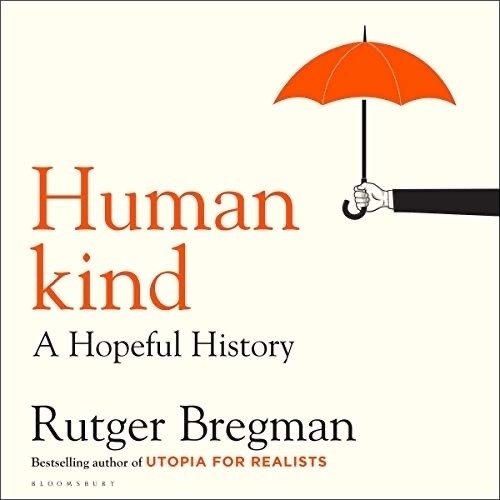
Guilty as charged
This American itch—that we must “DO SOMETHING” and “DO GOOD,” as Banfield put it—also fosters a psychological-sociological trap, wherein Americans take the view that society “could solve all problems if it only tried hard enough; [and the fact] that a problem continues to exist is therefore proof positive of its guilt.”
The Perils of “Doing Something” in City Journal
“A prank attempt went terribly wrong for a 14-year old boy from Boise, as he was raped by a 700-lb grizzly bear while walking around in the woods in a sasquatch costume.”
A podcast I first heard a year ago today still sits with me a year later, and I’ve listened to it maybe five times over. Cooking As an Art, With Jerry Saltz and Dave Cheng. It has almost nothing to do with cooking, or art, but more to do with life.
The future of music journalism is on (wtf) TikTok (sad face)
“TikTok music blogs have thrived during quarantine, and they’re helping to blow up new acts”
Simon Owens on 'the Substack problem'
“2021 will be the year that publishers start to form strategies to deal with the Substack Problem. By that, I mean they’ll need to find ways to discourage their star writers from leaving to launch their own Substack newsletters. In the most likely scenario, they’ll make deals with writers to launch the newsletter under the banner of the media company. They might structure the deal so the writer gets to keep their current salary and then some percentage of the subscriber income they generate – similar to the advances and royalties that book publishers dole out. This will be enticing to the writers because they get to maintain job security while also benefiting directly from their success. They can also grow their audience much more quickly with the help of the media company. It’s a win win for both parties.”
Simon Owens, on his Substack, which I highly recommend subscribing to
Have you played the hottest new web game of 2021? School or Prison
Much applause to the people behind Pentax cameras for this seemingly crazy idea to not go mirrorless. The unpopular route is often not filled with riches of finance, but it is full with riches of art, joy, and soul.